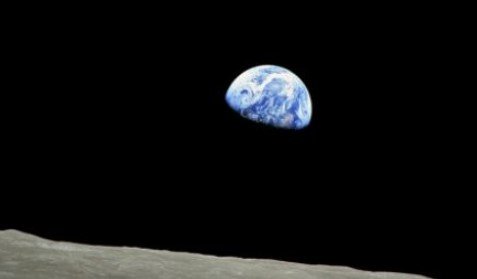Greetings there, bro.

Let’s consider the following:
Genesis 1:1 In the beginning God created the heaven and the earth.
Now since this verse is so important, let's look at it closely. Does it say
when God created the heaven and the earth? No, it doesn't. Does it say that the earth is only 6,000 years old? Nope. So, when was the beginning? Let’s check out some more scriptures.
Isaiah 45:18 For thus saith the LORD that created the heavens; God himself that formed the earth and made it; he hath established it, he created it not in vain, he formed it to be inhabited: I am the LORD; and there is none else.
In the passage above, God says that He did not create the earth in "vain" and formed it to be inhabited.
The Hebrew word for “vain“ is "tohu" and it means
desolation, utter waste. So Isaiah 45:18 is saying that God did not create the earth in a desolated state or as a wasteland. Let’s look at Genesis 1:2.
(2) And the earth was without form, and void; and darkness was upon the face of the deep. And the Spirit of God moved upon the face of the waters.
It says here that the earth was without form and void, which is the exact same word "tohu" used in Isa. 45:18.
Actually, the phrase is "tohu va bohu“—without form and void, which means totally and utterly desolate and wasted. But not to worry; there is no contradiction. Consider that the word “was” in Genesis 1: 2 was mistranslated and that it should read “became“—became void…. So what happened? In verse 2, something must have happened, and this event could have happened billions or trillions of years ago. Is this the reason we see evidence of it in the geological layers of the earth’s crust, in the fossils pressed between the rock, in the bones of dinosaurs?
According to the notes in the "Dake's Annotated Reference Bible “the Hebrew word “hayah” in the KJV is Trans. (became) 67 times, (becamest or came to pass) 505 times, (become) 66 times, and (come to pass) 131 times, but for some reason in Genesis 1:2 it is translated (was)…Gen. 1:2 And the earth was (became) without form.”
—to be continued?


